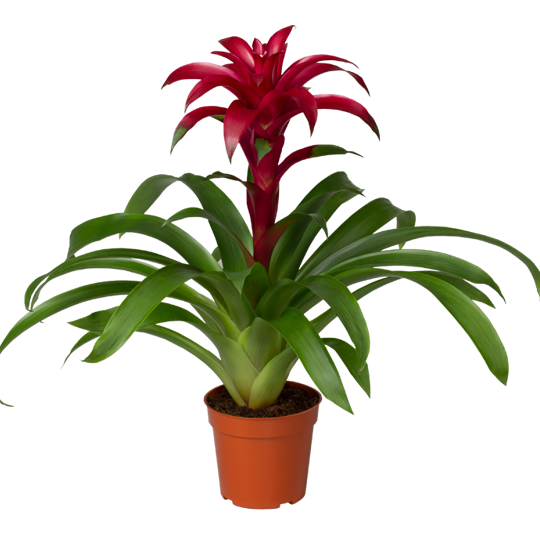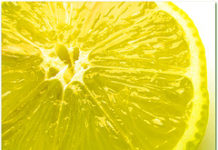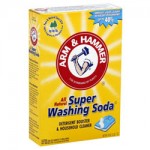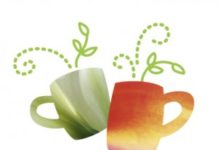
As frost threatens, in come the potted plants. It is also time to pay some season attention to any other houseplants you have so that they are safely settled for the winter.
The new book, Nesting, it’s a Chick Thing has some great houseplant how-to’s, plus a list of houseplants from hell (not to own) as well MVP’s (Most Valuable Plants.) Having an indoor Eden requires quite a bit of commitment. Searching for simple houseplant tips is like asking for advice on how to get a baby to sleep. Everyone has a different technique, a sure thing, a fail-safe method–until someone else tries it on a different baby. There are chicks who swear that ficus trees are as hard as 200-year-old redwoods, while others bemoan the fickle nature of ficus and their hateful propensity to drop leaves.
What we do know for sure is that there is a houseplant for everyone. You just have to keep buying them, babying them, and yes, on occasion burying them. Hopefully you’ll come across the dream partner before you begin to feel like a horticultural serial killer. Here are a few bits of houseplant insight.
Location, location, location
It’s true for real estate, and it’s true for houseplants. Plants are very sensitive to light, temperature, and how dry or humid a place is. Work with the space you’ve got and pick a plant that will be happy in that space. How much light will it get? Is it in a cooler or hotter part of the house? Dry or humid? Are there windows or vents nearby? Armed with that info, head for the nursery to choose a houseplant.
Plant Diet
Just like people and animals, plants need the right nourishment. Whether it’s a commercial fertilizer or a specialized blend of organic nutrients, plants need customized, regular feeding. Your nursery or plant seller can tell you what your individual plant needs.
Plant Hygiene
Everyone appreciates a nice trim, although plants don’t need them as often as we chicks do (thank goodness). Plan on being your plant’s stylist as needed-pruning off dead or dying leaves and branches or pinching back leggy sections so that foliage will stay full. It will leave them looking refreshed and revived. Don’t forget to turn your plants frequently so they will get sun exposure on all sides and grow evenly. Give them a Trip to the Spa: Plants need to get away sometimes too. Take them outside regularly (weather permitting), for some nice sun or cool shade, depending on what they like. Water them thoroughly at this time, letting water flow completely through their pots to let salts run out. Let them Socialize. “Does this new cachepot make my bud look too big?”
Plant Buddy System
Just like chicks, plants need some time to get together for some healthy competition and blithe chatter. They appreciate being grouped together and will grow better with stimulating company. Invest in a “Bud Double.” If you are going to spend the time and effort to raise and get to know a certain type of plant, why not invest in two? That way you can rotate them–one goes outside while the other brightens your interior, or send them to different areas of your home.
Houseplants from Hell (High Maintenance Plants): Maidenhair ferns, gardenia, orchids, mini roses, and African violets.
Most Valuable Plants (MVPs): Bromeliads, grape ivy, geranium, parlor palm, and piggyback plant.
Adapted from Nesting, It’s a Chick Thing, by Ame Mahler Beanland and Emily Miles Terry (Workman Publishing Company, 2008).
By Annie B. Bond, best-selling and award-winning author of five green living books, thousands of blogs, and all the tips in the Greenify Everything app. Called “The Godmother of Green” by Martha Stewart Sirius Radio.



